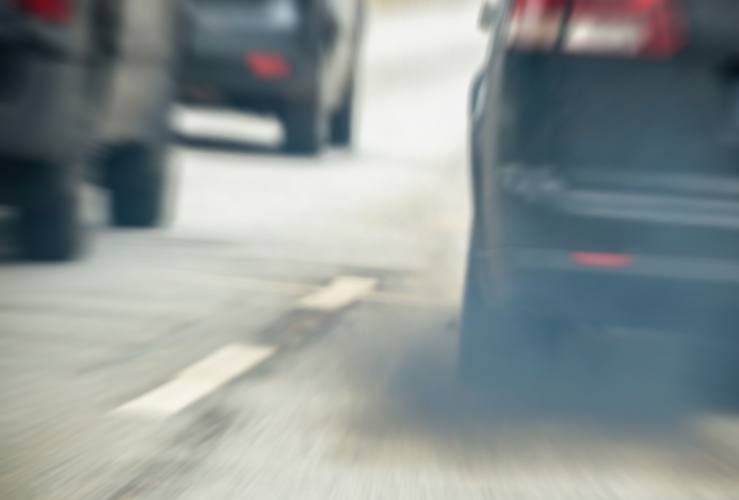
There are concerns that the UK may miss its climate change targets after a report revealed CO2 emissions had risen for the first time since 2000.
The increase is thought to be because consumers are turning away from diesel and are buying larger vehicles.
While cars are becoming more fuel efficient in general, people are increasingly investing in so-called 'gas guzzling' vehicles which, say campaigners, has led to a 0.8% rise in CO2 from every new car.
Smaller, low-cost vehicles have seen sales fall by up to 10% as consumer confidence has affected the entry-level end of the market.
The rise in CO2 emissions is down to an “anti-diesel agenda”, according to the Society for Motor Manufacturers and Traders. Following a number of emissions scandals, year-on-year sales plunged by 17% in 2017.
The SMMT report accepted that owners of diesel cars may have been encouraged to invest in larger, more costly vehicles due to the lower running costs of diesel engines.
Critics of the car industry say manufacturers of petrol-hungry SUVs have failed to develop fuel efficient technologies.
Mindful of the national target to cut CO2 emissions by 6% annually until 2021, the SMMT suggested more incentives would be needed to encourage take-up of electric and hybrid cars.
At present, 95% of Britain's new car sales are comprised of either petrol or electric vehicles.
While diesel engines have become more fuel efficient than petrol cars, they are responsible for a rise in NOx particles and a reduction in inner-city air quality.
Mike Hawes, the chief executive of the SMMT, said: “The industry shares government’s vision of a low-carbon future and is investing to get us there – but we can’t do it overnight; nor can we do it alone. The anti-diesel agenda has set back progress on climate change, while electric vehicle demand remains disappointingly low amid consumer concerns around charging infrastructure availability and affordability.




